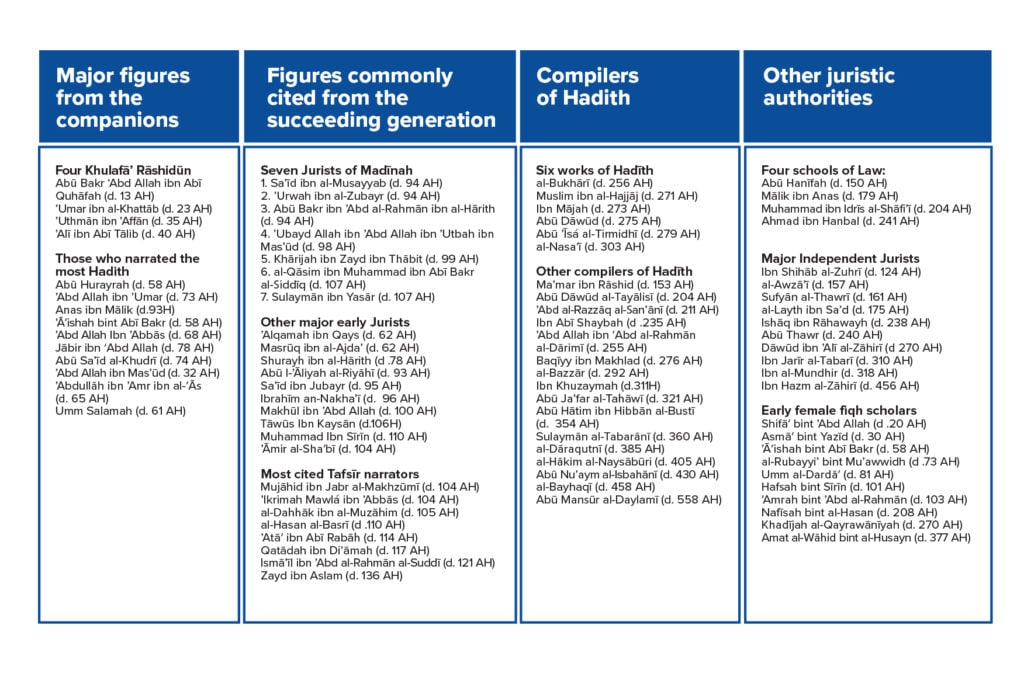

Although many Salafis are middle-class professionals, they are also religious populists who play to the lower-class resentment against Egyptian elites. The Salafis developed a large support base by providing grassroots social services, including welfare, medicines, and food for the needy. One group of young Salafis launched the Costa Salafis, named after a popular coffee chain and complete with a page on Facebook. The older generation of Salafis also did not support the 2011 uprising, whereas many in the younger generation turned out at Tahrir Square and other protest sites. The sheikhs considered the act of suicide by the Tunisian street vendor, which sparked the Arab uprisings, to be forbidden, or haram. The older generation tends to be more puritanical, while the younger generation is more willing to reach beyond its own circle. The various sheikhs are often stronger locally than nationally, another contrast to the Brotherhood.Īs in other Egyptian movements, the Salafis have a generational divide. Some want to begin moving soon others are committed to gradually implementing the Sharia, even if it takes decades or centuries. The sheikhs also differ in terms of the time frame and context for implementing Sharia. Others more modestly want to implement traditional mores and forms of justice. Some sheikhs would like to re-create God’s rule on earth. Yet political Salafism is also a heterogeneous phenomenon encompassing different groups with socioreligious views ranging from the far right to the left. They generally hold conservative and often illiberal views on gender relations, minority rights, and personal freedoms. To them, the ideal Islamic society emulates the first three generations after the founding of the faith in the seventh century. Unlike the Muslim Brotherhood, the Salafis historically have been a loose coalition of groups and individual sheikhs who espoused strict interpretations of Islam and called for implementation of Sharia law. By early 2015, Nour, the largest Salafi political party, was aligned with President Abdel Fattah el Sisi, while other Salafi parties opposed the military-backed government. But they eventually fragmented over policy and President Mohamed Morsi’s ouster in 2013. They played a pivotal role in the political transition. In Egypt, the Salafis emerged from the political backwater to win the second largest vote in the 2011–12 elections for parliament. The rise of ultraconservative ideologues has been particularly striking because Salafis had previously renounced participating in politics altogether. Salafism emerged as a new force in Egyptian politics following the ouster of President Hosni Mubarak in February 2011. The following is an overview of Egypt's Salafi parties by Khalil al Anani. "Our philosophy is to avoid confrontation," said Nour leader Younes Makhioun in October. The party supported Egypt's military during their 2013 crackdown on the Muslim Brotherhood, which has since been banned and declared a terrorist organization.



 0 kommentar(er)
0 kommentar(er)
